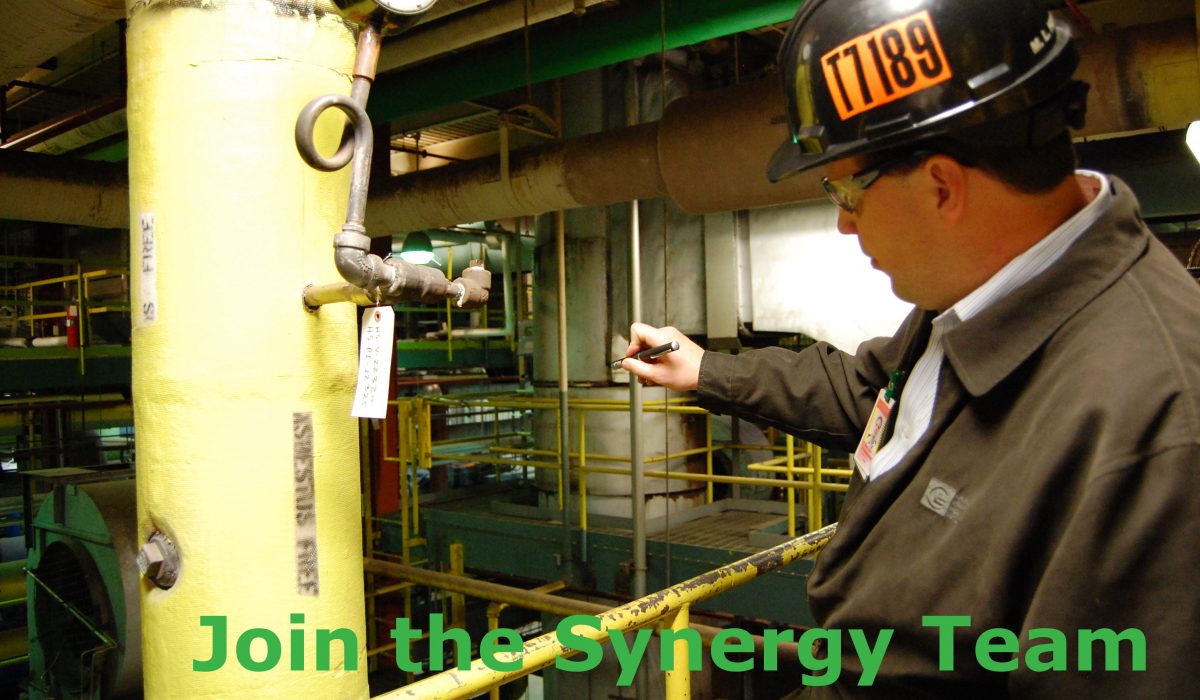
Today’s news on industrial automation often revolves around the speed of growth. Similar to other technologies, automation has grown faster than we could ever have expected. Intelligent systems can measure almost any Key Performance Indicator (KPI) and predict future plant needs. The abilities of today’s industrial technologies are nothing short of astonishing.
The truly great thing about the evolution of industrial automation has nothing to do with its capabilities. Instead, it’s in how it effects job growth in industrialized nations. Martin Buchwitz wrote a column in Automation World crediting automation with the prevention of de-industrialization.
Before the rise of today’s advanced technologies, voices in the industrial world discussed automation as a job killer. We see today that advanced industrial automation has done quite the opposite. The catalyst of low job growth is not in the advancement of machinery, but in the competitive low wages of developing countries.
Industrial automation provides businesses and process industries significant monetary savings. As such, many do not feel a need to move out of industrialized nations. Buchwitz speaks about this effect on Germany, but the same can be said for the United States. Those businesses who may have considered moving production out of our country have the superior alternative of adopting money-saving technologies that allow them to stay right where they are while still competing in the global market place.
The influence of advanced automation in the job market is especially evident to Synergy, as we reach out to people with an interest in automation technologies. We’ve even created a job posting on LinkedIn. Industrial automation will only continue to benefit future businesses and economies. Perhaps it will even play a role in the return of industries which, until now, had to rely on cheap labor to save money.

